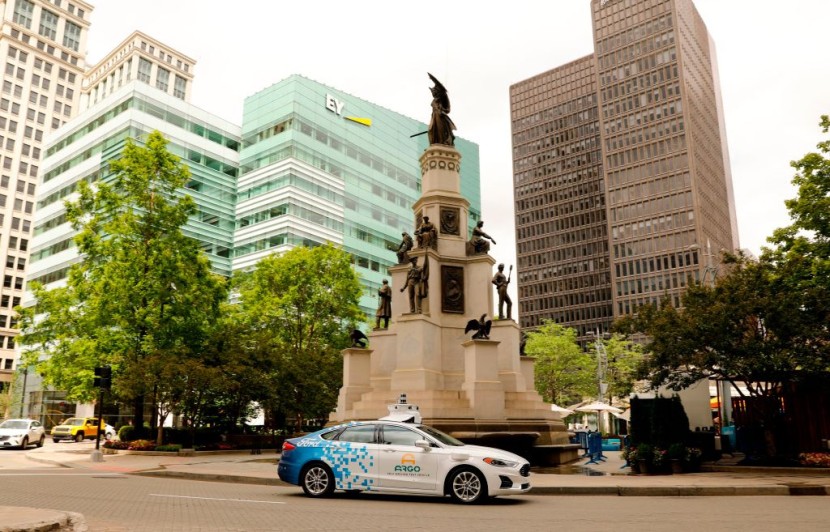Congress still has to overcome significant obstacles to pass long-stalled legislation that would hasten the implementation of self-driving cars.
Republicans and some Democrats are calling for quick action because they are worried that China may outpace the United States in the use of autonomous vehicles, according to Reuters.
Concerns about the measure are being voiced by safety organizations, plaintiffs' attorneys, and labor unions. Congress has been unable to move forward with autonomous vehicle legislation for more than six years.
Plans to Deploy More Self-Driving Vehicles
Plans would enable automakers to deploy tens of thousands of vehicles without having to comply with current auto safety regulations by obtaining exemptions.
On July 12, the National Highway Traffic Safety Administration (NHTSA) announced that it would soon make a decision regarding a petition submitted by General Motors' Cruise self-driving technology unit asking for permission to deploy up to 2,500 autonomous vehicles annually without human controls, the maximum allowed by current law.

Autonomous vehicles (AVs), according to proponents, have the potential to reduce traffic fatalities, improve accessibility for the impaired, lessen the demand for parking in crowded areas, and reduce greenhouse gas emissions.
John Samuelsen, president of the Transport Workers Union, stated that employees are very concerned that "major AV developers have an unambiguous plan to rush driverless vehicles onto our roads and into our public transit systems without safety standards or adequate fail safes."
Major automakers' trade association Alliance for Automotive Innovation CEO John Bozzella warned the panel that without congressional action, "our nation risks becoming dependent on foreign sources in a future defined by others."
Read also: Uber Reportedly Orders 100,000 Autonomous Cars From Mercedes In Quest For Self-Driving Car Service
Regulations for Self-Driving Vehicles
In the United States, there is no federal law that specifically regulates self-driving cars. However, there are a number of state laws that have been passed or are being considered.
For example, California has passed a law that requires self-driving cars to have a human driver behind the wheel at all times.
The development of self-driving cars is facing a number of challenges, including the need for better sensors and software, the need to address safety concerns, and the need to develop regulations that will govern the use of self-driving cars.
Despite these challenges, the development of self-driving cars is progressing rapidly. It is likely that we will see self-driving cars become more common in the coming years.
Overall, the development of self-driving vehicles is a promising area of technology. However, there are still a number of challenges that need to be addressed before self-driving cars become widespread.
Related article: Self-Driving Cars Could Use 'Slot-Based' System To Reduce Traffic
© 2025 HNGN, All rights reserved. Do not reproduce without permission.








